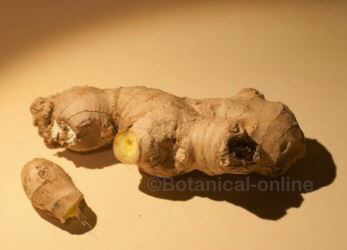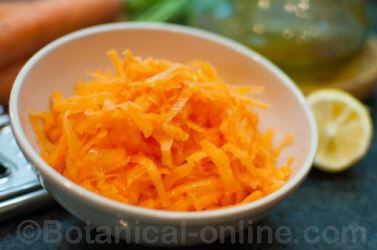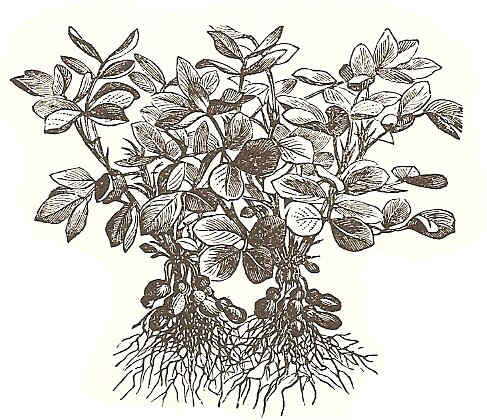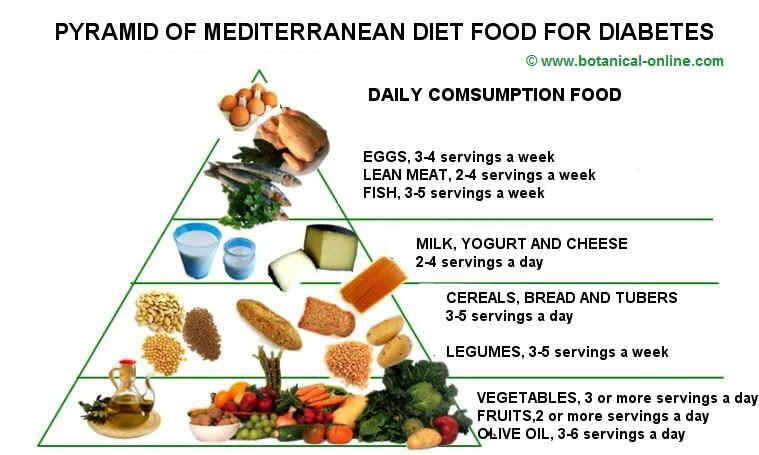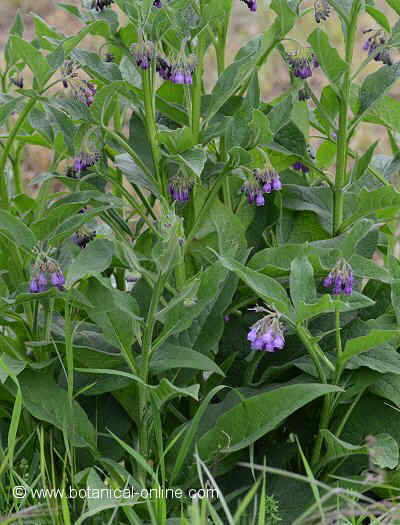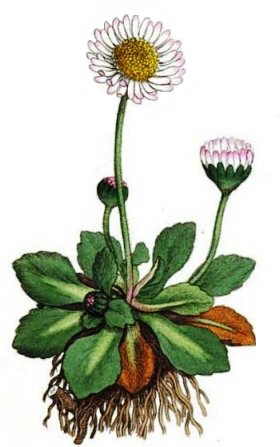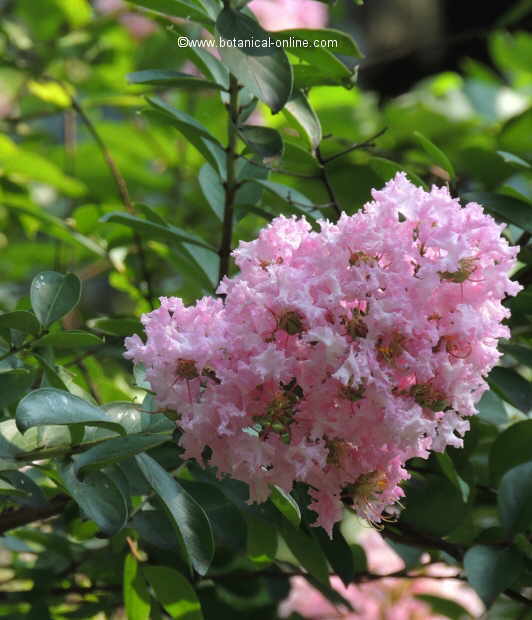Herbal treatment of ulcerative colitis
Phytotherapy: Medicinal plants preparations for ulcerative colitis
Phytotherapy in the treatment of ulcerative colitis must be made by mutual agreement between the patient and the doctor to whom it must be communicated the willingness to adopt any of these therapies.
A patient with ulcerative colitis should undertake this type of treatment only under specialist supervision. Natural remedies are complementary to conventional therapy, but they can not replace it.
Sometimes, the application of these treatments can interact with certain prescription drugs or react individually with the delicate intestine of the patient and counter medications.
It is therefore important to use the remedies with caution at low doses, and always under medical supervision.
Herbal medicine for ulcerative colitis
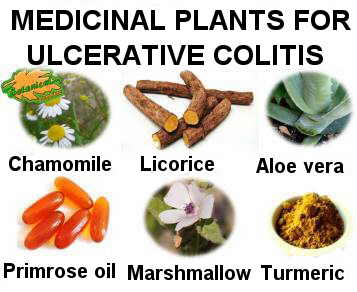
Phytotherapy in the treatment of ulcerative colitis involves the use of a number of plants whose function is:
– Anti-inflammatory plants that help relax the irritated bowel and reduce inflammation.
– Plants with healing properties that help restore intestinal mucosa.
– Astringent plants to control excessive loose stools.
– Food supplements to cover possible nutritional deficits.
PHYTOTHERAPY FOR ULCERATIVE COLITIS
Curative herbs traditionally used in the treatment of ulcerative colitis
Among the main medicinal plants recommended for ulcerative colitis, we could mention the following:
– Chamomile (Matricaria chamomilla): It has anti-inflammatory and soothing properties that can help reduce inflammation, prevent swelling and reduce pain.
At the same time, its vulnerary properties can help prevent deterioration of the intestinal wall. (Infusion of a spoonful of dried flowers per cup of water. Take 2 cups a day)
Ginger infusions are recommended for colitis |
– Ginger (Zingiber officinale): In a study on animals, ginger extract was positive in the treatment of ulcerative reducing damage and intestinal inflammation. (Infusions of ginger)
– Aloe (Aloe vera): Aloe juice helps reduce intestinal inflammation and improve the state of the digestive mucosa. (Take aloe juice)
– Evening primrose (Oenothera biennis) Evening primrose oil has been found to possess essential fatty acids that have the ability to reduce levels of prostaglandins. Evening primrose oil is rich in these oils (gamma linolenic acid or GLA Omega-6) so that the use of primrose oil beads at a dose of 250 mg daily in 3 divided doses may help reduce inflammation.
– Turmeric (Curcuma longa) It has antioxidant, anti-inflammatory, antibacterial and immunomodulatory properties. (Use turmeric in your recipes – add it at the end of cooking. Combine it with a pinch of black pepper) (Take turmeric extract capsules)
– Marshmallow (Althaea officinalis): Its richness in mucilage makes it suitable for treating irritated mucous membranes.
The presence of tannins also can help curb excessive stool. (Infusion of a teaspoon of dried flowers and leaves per cup of water for 10 minutes. Two cups a day)
– Licorice (Glycyrrhyza glabra) The root of this plant has antispasmodic and anti-inflammatory properties for the gastric mucosa, which helps prevent or treat inflammation and prevent cramps (Infusion of licorice Take 2 cups a day.)
Grated carrot with lemon. Very nutritious and healthy simple recipe for colitis |
Highly recommended foods for ulcerative colitis
– Carrot (Daucus carota) It can be considered a medicinal food for people with ulcerative colitis.
Because it is high in beta carotene, it helps repair damaged intestinal mucosa. (Take carrot or carrot smoothies with apple)
– Cabbage (Brassica oleracea): For its anti-ulceric and healing properties, it is highly recommended, provided it is well tolerated. (Liquefied raw cabbage, or cooked cabbage)
In addition to these supplements, food is very important for the prevention and reduction of symptoms of this disease. A proper diet can serve as an alternative to using drugs when they the acute attacks of ulcerative colitis have finished.
![]() More information on diet for ulcerative colitis.
More information on diet for ulcerative colitis.

